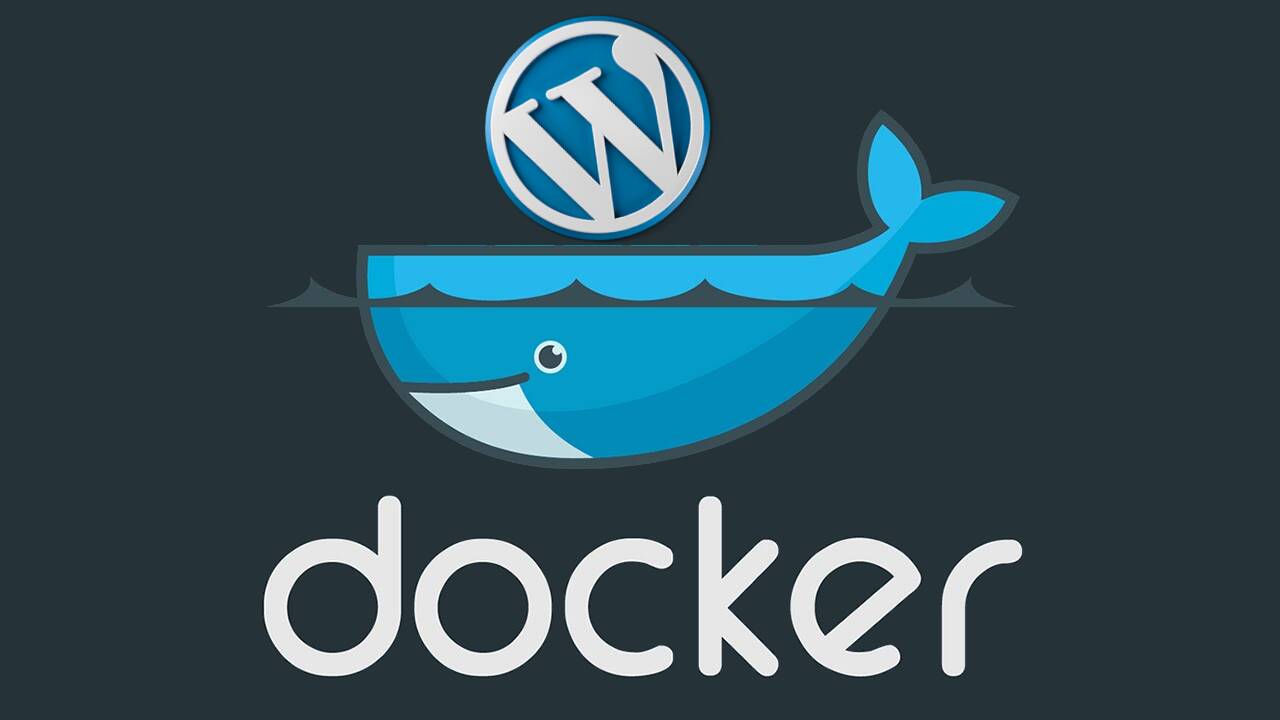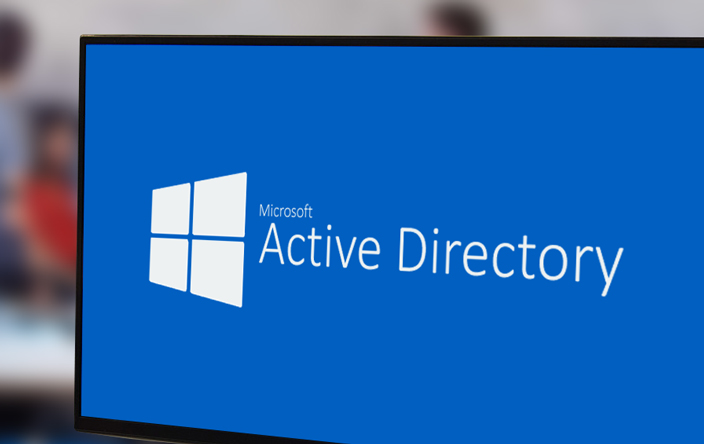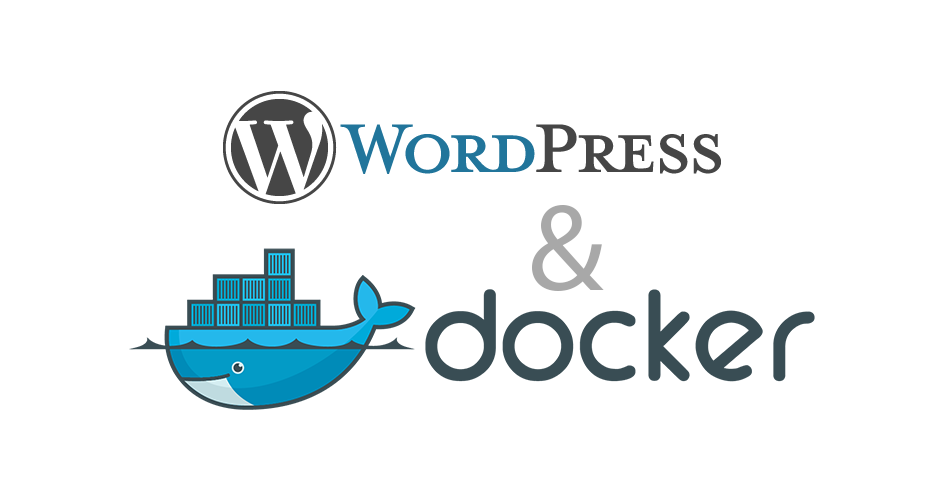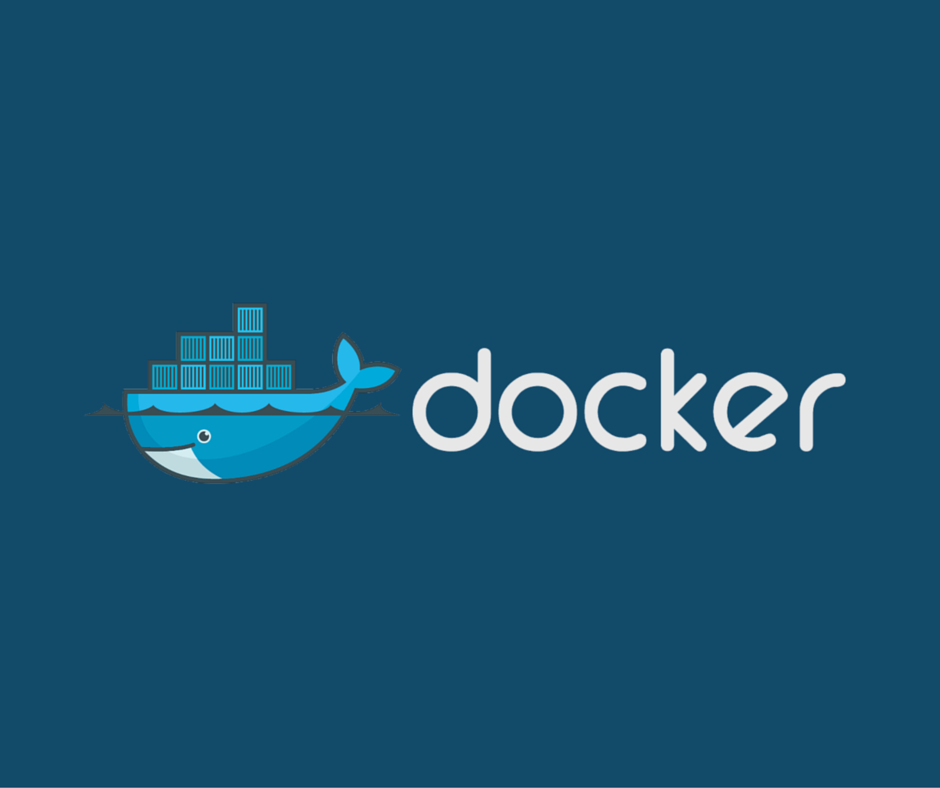The beauty of Docker is how portable your applications become. Beyond that it also allows to version control our entire instance, providing a mechanism for quick rollbacks, updates, and audits. This tutorial will show you how to host your WordPress site with Docker by creating an image for it and deploying it.
WordPress function to list site cookies
The EU Cookie Directive (as it is popularly known) is a 2009 amendment to the E-Privacy Directive. It requires companies to obtain your consent to place and access data (like cookies) on your digital device (like your laptop). While many plugins exist to control cookies on your WordPress website, there is a shocking lack of them to simply LIST the cookies used.. so let’s write our own!
Active Directory Authentication in WordPress
Deploying WordPress using a Stack Template
Accessing Your Docker Containers on your Private Network
This tutorial follows on from Using Pre-Built Docker Container Templates and is part of a series. If this is your first time here, maybe start at the beginning.
Using Pre-Built Docker Container Templates
This tutorial follows on from Creating a Docker Container from a Pulled Image and is part of a series. If this is your first time here, maybe start at the beginning.
Hide Media Library Images for Users in WordPress
With a multi-user WordPress site all users can see all images in the media library – whether uploaded by them or not. This is in no way ideal.
Write your own WordPress plugin to rename Posts
Quite often when building a WordPress website you might want to use the Post object to represent something else, for example, a business, a piece of art, a machine etc. So when the editors login, you want them to “Add New Machine”, “Edit Machine” and so on, yes?
Installing WordPress at the command line
After you have installed LAMP on your Linux server (or fired up a template with LAMP already installed), you may want to use a CMS like WordPress. But how to install? What are the commands?
Creating a mobile app with WordPress REST API and React Native
WordPress can work as an excellent back-end platform for your next native app, especially if it is content-driven or an online shop. In this article, you will learn the foundations for building mobile apps with React Native and WordPress.








